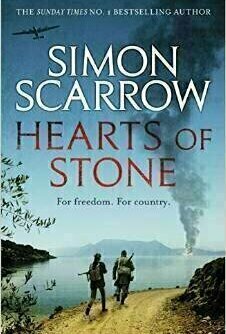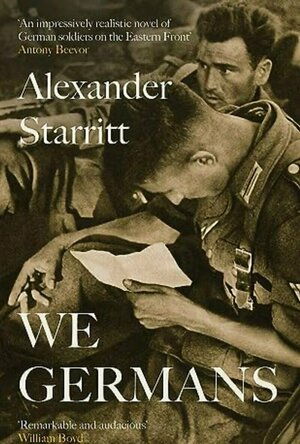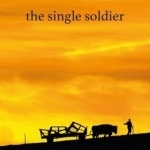
The Single Soldier
Book
It is said that home is where the heart is, but when war rips a young man from everything he knows...

The Dandy at Dusk
Book
Philip Mann chronicles the relationship of dandyism and the emerging cultural landscape of modernity...

Designed by Apple in California
Andrew Zuckerman and Jonathan Ive
Book Watch
“Designed by Apple in California” chronicles 20 years of Apple design through 450 photographs...
Technology design

A Taxi Driver (2017)
Movie Watch
May, 1980. Man-seob (SONG Kang-ho) is a taxi driver in Seoul who lives from hand to mouth, raising...
international drama history action

Art and Technology in the Nineteenth and Twentieth Centuries
Pierre Francastel, Yve-Alain Bois and Randall Cherry
Book
Although the work of Pierre Francastel (1900-1970) has long carried the label "sociology of art," it...
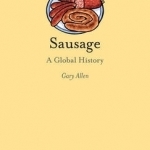
Sausage: A Global History
Book
Our ancestors have enjoyed sausages for thousands of years, even though they've been the butt of...
David McK (3721 KP) rated Hearts of Stone in Books
Feb 9, 2022
Until recently, I've tended to avoid his few works that are more contemporary in nature, only recently (towards the end of last year) reading Blackout as I felt they were 'too close' (if that makes sense) for comfort for me in that there are still people alive who lived through the setting.
I must admit, I did quite enjoy Blackout so thought I would also give this a go, due to the roughly the same (WW2) setting.
This novel flits back and forth between then and 'now' (of 2013), as the descendants of the main 1940s settings character start to discover more about their ancestors - in particular, as history teacher Anna uncovers the story of her maternal grandmother Eleni, who participated in the Greek resistance on the island of Lefkas during 1943.
The whole had-a-German-friend in 1939 thing almost seems incidental to the story (he's not), until roughly about the final third.
And yes, I did pick up on the arguments in favour of teaching history (a subject I did, mostly, enjoy in school) passages.
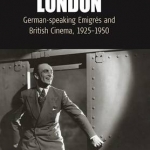
Destination London: German-speaking Emigres and British Cinema, 1925-1950
Tim Bergfelder and Christian Cargnelli
Book
The legacy of emigres in the British film industry, from the silent film era until after the Second...

Oswald Boelcke: Germany's First Fighter Ace and Father of Air Combat
Book
Oswald Boelcke was Germany's first ace in World War One with a total of forty victories. His...
ClareR (6101 KP) rated We Germans in Books
Aug 17, 2023
That letter is the book we read, with asides and clarifications from the grandson.
We don’t have a story that covers from the beginning to the end of the war. This is told from when things have started to go wrong for the Germans. The army is fragmented. The soldiers don’t really know where they’re going, but they know that they want to try and make it back to Germany - on foot. These men are scared, confused and the acts they see committed by both sides are horrific.
The grandson helps us to see the effects of the war on his grandfather, and his subsequent imprisonment in Russia. How 70 years post-war have changed him, how the war changed him as well. He acknowledges that he was to blame for what had happened as much as anyone else, but that he was expected to toe the line as a soldier.
This is historical fiction, but its well researched and has the hint of reality about it. It really gives the reader something to think about, and I know that personally, I haven’t found many books out there that cover this period of history in this way. I can’t say as it’s something I want to avidly read lots of books about, but having read this from a more human perspective (rather than a factual history book that lists dates and places), it feels very personal.
This is a short, powerful novel, and I think it’s worth the time spent reading it if you have an interest in either the time in history, or human nature.
